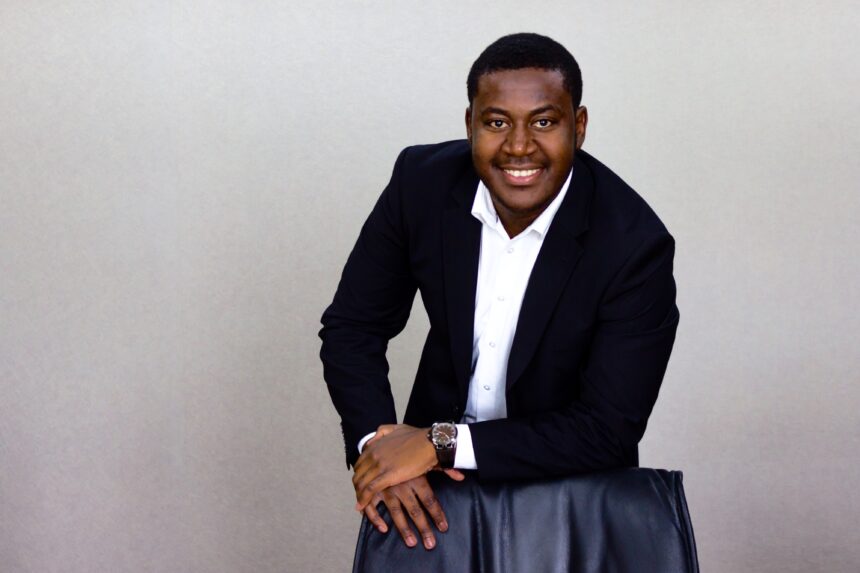Namibia’s past is a painful story of division, oppression, and suffering. Under the apartheid regime, blacks and whites were kept apart, not by choice but by force. People were turned against each other, tribal lines were deepened, and hatred was sown like seeds in the wind. Black Namibians lived under a system that denied them education, land, and dignity. Their lives were dictated by the contract labour system, a system designed to break their spirits and keep them in servitude. They were not free. They were not equal.
Yet, in the darkest of times, a leader emerged.
Founding President Sam Nujoma was more than a man of war; he was a man of vision. He did not accept Namibia’s fate as written by its oppressors. He refused to let his people remain prisoners in their own land. With courage, he led the struggle for liberation, facing bullets, exile, and betrayal. He watched as his people were killed, imprisoned, and tortured. He knew hatred intimately, for it was directed at him every day.
But what made Sam Nujoma extraordinary was not just that he fought—it was how he ended the fight.
When Namibia won its independence in 1990, many expected revenge, retribution, or exclusion. After all, what justice could be greater than making the oppressor taste the suffering he once inflicted? Yet, Nujoma chose a different path. He chose reconciliation.
Forgiving an enemy is one of the hardest things a human being can do. It takes strength to fight, but it takes even greater strength to forgive. Nujoma understood that Namibia could not move forward if it remained shackled to the past. He knew that if the oppressed became the oppressors, then the cycle of hatred would never end. And so, he extended a hand to those who had once denied his people their humanity. He welcomed them into the new Namibia, not as masters, not as enemies, but as fellow citizens.
This was not weakness. This was wisdom.
To the young generation of Namibia and the world, the lesson is clear: true leadership is not about holding onto power or punishing those who wronged you. It is about healing, about building, about rising above pain. Nujoma did not erase history—he honoured it by ensuring that no one else would have to endure it.
His story is a challenge to all of us. Can we choose unity over division? Can we reject hatred even when it feels justified? Can we build a future without being prisoners of the past?
Sam Nujoma’s greatness was not just in what he fought for, but in what he forgave. That is the mark of a leader. That is the measure of a nation’s strength.
*Job Angula is a patriotic, born-free Namibian citizen.


